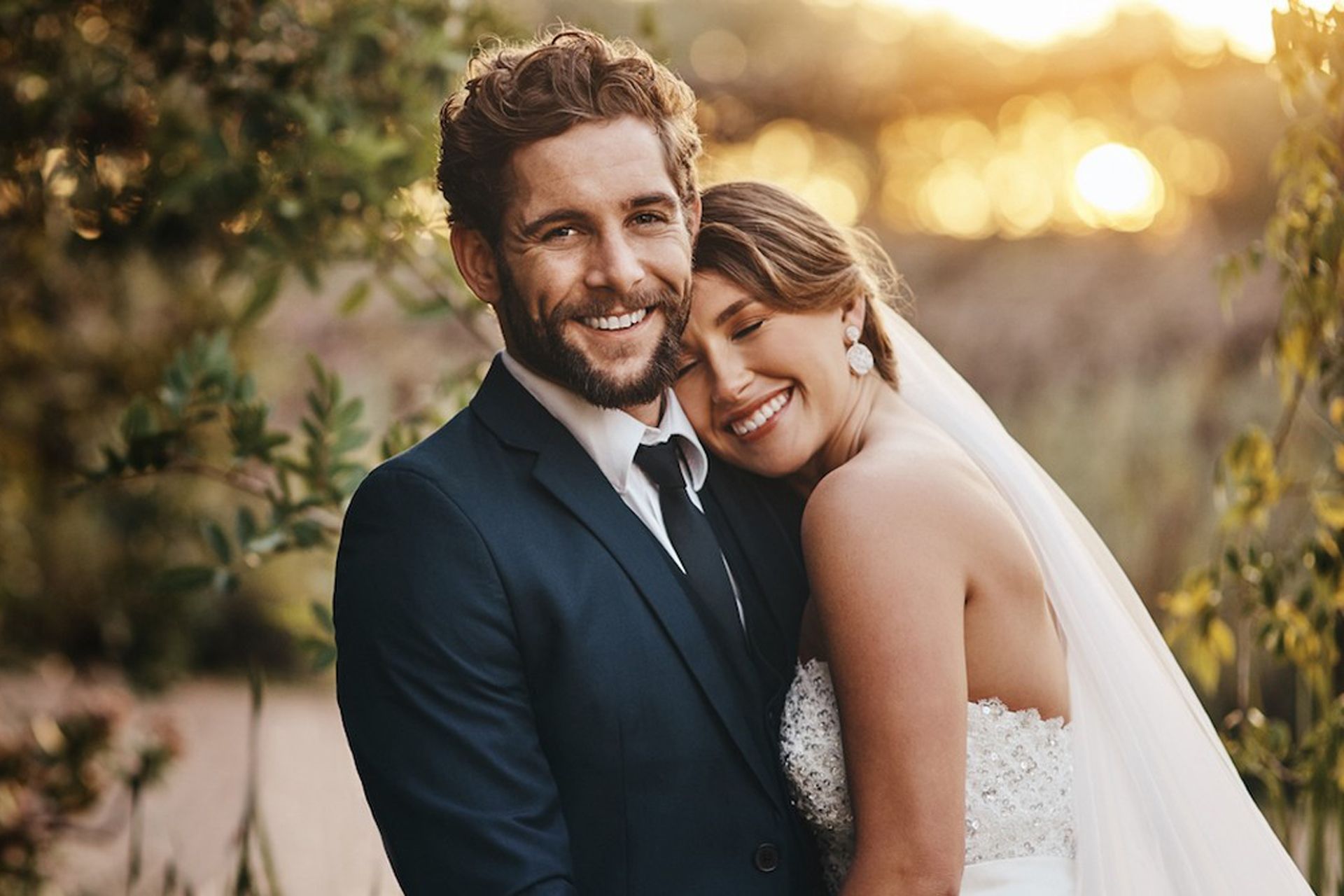Estate Planning for Vacation Home Owners
As the owner of a vacation property, you are aware of the joy and responsibilities that come with
ownership. Your second home is where you celebrate with your loved ones and make memories. To ensure that this destination can continue to bring joy to your family, it is important that you protect the property with a proper estate plan. Consider the following important questions as you begin the estate planning process.
What will happen to the property at your death?
The fate of your vacation property will largely depend on how it is currently owned. If you are the
sole owner of the property, or if you own the property as a tenant in common with one or more
other people, you will need to decide what will happen to your interest in the property. If you
own the property jointly with another person as joint tenants with rights of survivorship or with a
spouse as tenants by the entirety, the other owner will become the sole owner upon your death
without court involvement. If your vacation property is owned by a trust or a limited liability
company, the property will continue to be owned by these entities even after your death. The
trust instrument or operating agreement may provide additional instructions about what will
happen to the property upon your death.
What do you want to happen to the property at your death?
The benefit of proactively creating an estate plan is that you get to choose what happens to your
money and property and make it legally binding. It is important to note that if you do not create a
plan for your property (and you do not own it as a joint tenant with right of survivorship or tenant
by the entirety), your loved ones will have to go through the probate court process according to
your state’s laws. Probate is the court-supervised process in which your affairs are settled and
your money and property are distributed to the appropriate people. It is important to note that
owning property in a different state than where you reside could lead to your loved ones having
to open two probates (one in the state where you resided at death and one in the state where
the vacation property is located). When handling your vacation property, there are a variety of
different options.
● Select one loved one to give the property outright.
● Leave the property outright to a group of people.
● Give the property to a group of people as tenants in common and create an ownership
agreement.
● Prior to your death, transfer the property to your revocable living trust, to be held for a
long period of time or indefinitely. Note: state law may limit the duration of the trust
(known as the rule against perpetuities). If you want the trust to hold the property
indefinitely, you must speak with an experienced estate planning attorney to accomplish
this goal.
● Prior to your death, transfer the property to a special trust that owns only the property, to
be held for a long period of time or indefinitely.
● Prior to your death, transfer the property to a limited liability company, to be held for a
long period of time or indefinitely.
● Instruct your trusted decision maker to sell the property.
Can your beneficiary afford the vacation property?
While there may be a lot of happy memories associated with your vacation property, you know
that there are also a lot of responsibilities. When you decide to leave your property to a person
(or group of people) outright, they will become responsible for those financial obligations, such
as mortgage payments (if any), utility bills, property insurance, and property taxes. If you want
your beneficiary to keep the property, you must consider whether they can meet the financial
obligations; if not, your beneficiary may end up selling the property prematurely.
For all of your Estate Planning needs please contact The O'Donnell Law Center in Osage Beach





